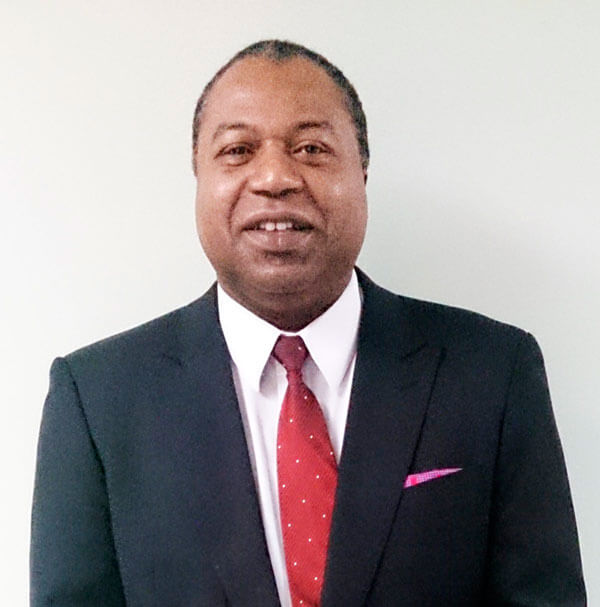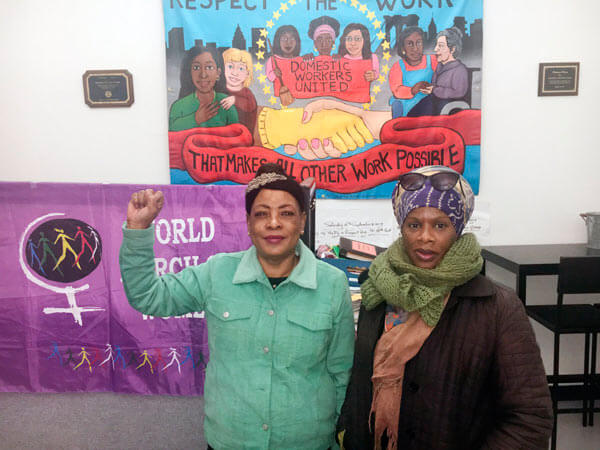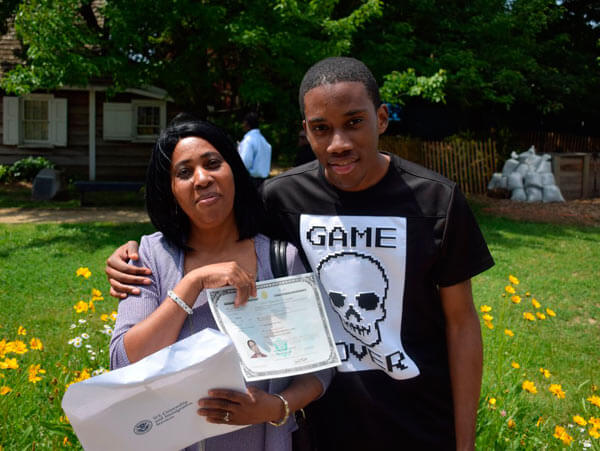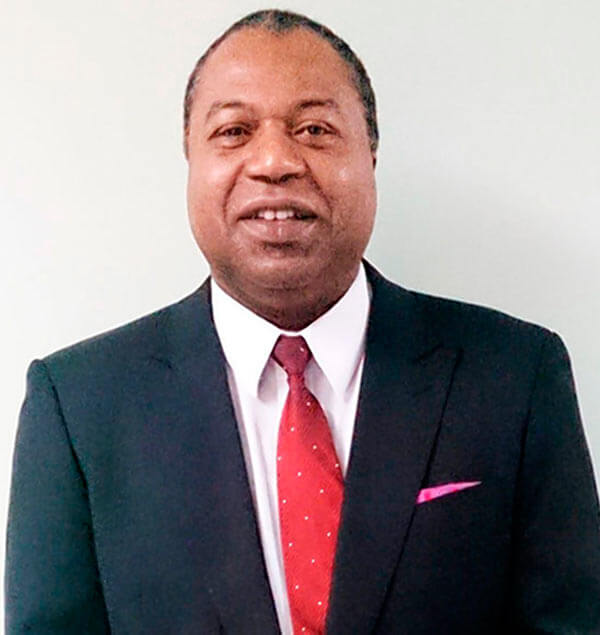A Caribbean immigration attorney in Brooklyn wants nationals engaged in domestic work to know their rights, claiming that a significant number of them are being ripped off over wages by the homecare industry.
Vincentian-born Roland Ottley, who also specializes in consumer fraud, told Caribbean Life Sunday, in an exclusive interview, that Caribbean nationals need to be fully educated about their rights in earning fair wages in the homecare industry.
“You have lots of Vincentian and other Caribbean workers [domestic] who are working 24-hour shifts and are only paid for 12 hours,” said Ottley, stating that quite a number of Caribbean immigrants, primarily newly-arrived ones, are employed in the homecare industry, working as, among other things, home health aides and nannies.
He said many of these workers are unaware that the law stipulate that they shouldbe paid for the full hours worked rather than partially.
“What’s happening, for many years, is that people are working 24-hour shifts at various agencies and are only paid for 12 hours,” Ottley said.
“I think it’s wrong; the community deserves to be informed so they [domestic workers] understand what they should be receiving,” he added.
“There’s need for education of the community,” Ottley continued. “It [Caribbean domestic workers] has been abused.”
Ottley’s brother, Anthony Cooper, office assistant at The Ottley Law Firm, at 1063 Winthrop St., in East Flatbush, Brooklyn, agreed.
“It’s important for the information to get out there, because a lot of people do this [domestic work],” Cooper said. “These companies take advantage of them.”
Effective Jan. 1, 2015, the United States Congress passed, and President Barack Obama signed into law, the final rule on protections of the Fair Labor Standards Act (FLSA) for domestic service employees.
The act provides that more domestic service workers will be protected by the FLSA’s minimum wage, overtime and record keeping provisions.
In 1974, the US Congress had extended the protections of the FLSA domestic service employees, but it exempted from the act’s minimum wage and overtime provisions domestic service employees who provide “companionship services” to elderly people or people with illnesses, injuries or disabilities who require assistance in caring for themselves.
Congress had also exempted from the Act’s overtime provision domestic service employees who reside in the household in which they provide services.
Last year’s final rule, however, revises the U.S. Department of Labor’s 1975 regulations, implementing the amendments to the act to better reflect Congressional intent, given the changes to the homecare industry and workforce since that time.
Most significantly, the U.S. Department of Labor has revised the definition of “companionship services” to clarify and narrow the duties that fall within the term.
Prior to 1974, the FLSA’s minimum wage and overtime compensation provisions did not protect domestic service workers unless those workers were employed by enterprises covered by the act, according to the Department of Labor.
But Congress amended the FLSA in 1974 to extend coverage to all domestic service workers, including those employed by private households or companies too small to be covered.
As more individuals receive services at home rather than in nursing homes or otherinstitutions, workers who provide home care services, referred to as “directcare workers” in the final rule, include certified nursing assistants, home health aides, personal care aides and caregivers.
The U.S. Department of Labor said these workers “perform increasingly skilled duties.”
“Today, direct care workers are, for the most part, not the elder sitters that Congress envisioned when it enacted the companionship services exemption in 1974, but are instead professional caregivers,” the Department of Labor said.


























